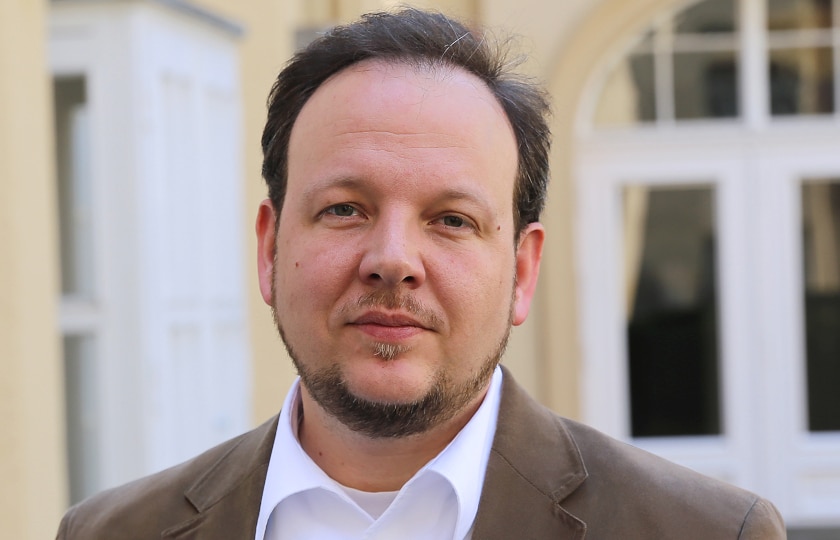This project researches the legal framework concerning children and young people’s online interaction risks. It develops ways of optimally interlinking actors and measures and investigate the coping strategies of young online users during and after stressful online experiences.
The project “Security for Children in the Digital World” (SIKID), funded by the German Ministry of Education and Research, focuses on current issues of civil security for children in online environments. It examines security threats caused by interaction risks such as cyberbullying, cyber grooming or hate speech and locates them developmentally and psychologically in the course of childhood. The question of safety and security risks for children in the digital space and possible approaches to regulation, law enforcement, prevention and media literacy are explored in an interdisciplinary manner from the perspectives of security and media ethics, children’s rights, law and psychology. The project aims to improve media regulation and to create and foster a cross-sectional network of relevant stakeholders in the field in order to strengthen children and their rights online.
The overall project brings together an interdisciplinary and practice-oriented consortium from ethics, law, childhood and media research as well as psychology with media-related supervisory and self-regulation bodies. The challenges of criminal prosecution and the co-operation between actors will be discussed in expert workshops.
Sub-Project at the Leibniz Institute for Media Research
The sub-project examines the existing legal framework for online risks of children’s and young people’s interactions from a jurisprudential as well as a control-theoretical perspective, identifies possible gaps in protection and develops governance approaches to close them.
In addition to legal and self-regulatory measures to improve the security of children on the internet, options for action will be developed to link actors and measures from the legal protection of minors with those from the area of preventive and educational activities. The relevant stakeholders are systematically included in the project work in order to make the security architecture more efficient and more risk-appropriate.
From the perspective of communication science and media education, the project will provide information about the coping strategies used by young people during and after stressful situations in order to be able to make statements about the degree of resilience and effective instruments of help and countermeasures.
Project Details
The project consists of three larger, interdisciplinary research steps:
- In a first step, the security risks of children in online communication are examined and systematised along age phases. Their strategies for coping with stressful situations will be surveyed.
- In a second step, the project will systematically review the relevant legal and regulatory frameworks, the actors involved and the important stakeholder groups to identify obstacles and opportunities with regard to regulation, procedures, technical solutions and media literacy. The analysis will encompass the legal frameworks under criminal law, youth protection law, data protection law and civil and consumer protection law as well as the initiatives and offers for counselling and prevention and for media education and improvement of resilience.
- In a third step, options for action will be developed to improve the legal and regulatory framework as well as to better interlink the actors of preventive child safety with those of legal protection.
Solutions in terms of regulation, actors, processes and technology will be developed with the involvement of the relevant stakeholders. In order to take into account the aspects of media literacy, digital civil courage and the support of children’s coping strategies, we will develop proposals for measures in the context of co-creation workshops with children.
The options for action identified in this way are prepared and discussed for different stakeholder groups.
The results of the qualitative study by Kira Thiel and Dr Claudia Lampert provide valuable information on how young people deal with stressful online experiences and where they need support.
The SIKID Compass summarises the options for action identified by the joint project. It is available as a short version (in German) and as a long version (in German) open access.

Photo by Andrea Piacquadio from Pexels













